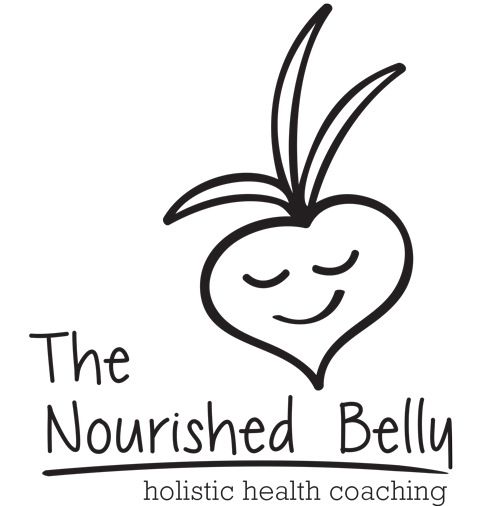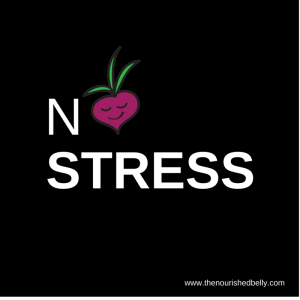How a Nutrition Coach Gets Ready for Self Isolation
There’s a lot of panic buying and stock piling right now, and it’s understandable given the unknowns of the next few months with COVID-19 being a real threat to our inadequate health care system. I live in Oakland, CA, and Bay Area Businesses are making what I believe is the right call: they are preemptively closing to encourage people to stay home in order to slow down the spread of the virus.
I do think that if you prepare yourself in a calm way (not buying more than the needs of your family), you can use this time to also take care of yourself! Reach out to your community if you need help… this is the time that we can pull together since our federal government is not helping.
I wanted to share a list of foods that can keep well and also provide wonderful nutrition and variety during this time when you might want to stay home as much as possible. It’s purposefully thorough, and is not meant to overwhelm you! Choose the foods that you would be excited to eat and get lots of one or two from each suggestion. Keeping your nutrition high is vital to keeping your immune system strong.
Dry Goods Pantry
· Brown Rice, Quinoa, Polenta, Oats, Buckwheat: I’m literally turning my head (as I write this) and seeing the grains that I have in my pantry! These are just some of the dried grains with which you can stock your pantry; I like to think about making a batch of 2-3 cups every 4-5 days depending on how many people you are feeding. Cook them with broth for extra flavor.
· Dried Beans and Lentils (there are so many different kinds), Chick Peas: Give these all a nice soak the night before (for beans add a teaspoon of baking soda) and put them in the slow cooker or cook them on the stove on low until soft. I usually add some sautéed onions and garlic for flavor and if I have broth I’ll use that too! Really great fiber, your microbiome will love it, and vegetable protein too.
· Onions and Garlic: Unless you are sensitive to these vegetables (some people find them hard to digest), onions and garlic keep well and are great to flavor your food.
· Frozen Fruits and Vegetables: See what is available in your grocer’s frozen section and pick up a few bags. Frozen vegetables keep their nutrition and are easy to add into whatever you are cooking. (Fried rice, soup, quick veggie stir fry). Frozen fruits can give you some variety for some healthy desserts.
· Hearty fresh vegetables—Beets, Cabbages, Brussels Sprouts, Carrots, Parsnips: These vegetables keep wonderfully in the fridge, and can be part of a salad, sliced and sautéed, or roasted. Beets, cabbages and brussels are all great for liver health and detoxification.
· Potatoes and Sweet Potatoes: I’ve recently made one of the drawers in my kitchen a potato drawer (they like a cool dark place to keep them from sprouting. Keep them away from onions; storing them with an apple can help keep them longer). These are traditionally the types of foods that would be kept in the cellar. They can go with a variety of dishes and can be cooked in many different ways! Give them a quick boil and then sauté them, roast them whole in the oven after you poke a few holes into them, or mash them with butter or coconut milk for a delicious side.
· Tofu and tempeh: For your vegetarians and vegans out there, tofu and tempeh do well frozen, and with tempeh you are getting fermented soy which can be more digestible for certain people. These two foods take on the flavors of what you cook with, so add them to curries or stir fries.
· Canned Fish: Canned fish like sardines and salmon can make really quick snacks (I mix mine with avocados or yogurt). Tuna can be tricky and the Seafood Watch Guide from the Monterey Bay Aquarium can be a helpful guide.
· Fresh meat to freeze: A few whole chickens, ground meats, and cuts with bone can give you some good choices for different meals (ground meat can give you meatballs, or a meat tomato sauce, or an option for a fried rice.) Bones allow you to make bone broth which can be helpful for soups and making grains and beans.
· Canned foods: Tomato paste, coconut milk, canned legumes are all good things to have around to add flavor and a little extra to meals.
· Ripe Bananas: Ripe bananas freeze extremely well and can be used for a quick dessert or smoothie.
· Dried fruits: A great option for something sweet after your meal!
· Fermented foods: Sauerkraut, kimchi, miso, yogurt are all good options to have on hand to add good healthy bacteria and a flavors to a meal.
· Healthy cooking fats: Ghee, coconut oil, avocado or extra virgin olive oil make good additions to cooking starches or vegetables and have a good shelf life!
If all of these items are unfamiliar to you, remember to choose a few, focus on whole grains, legumes, proteins and frozen veggies and those will go a long way.
Plus, getting good sleep, getting out into the sunshine, and meditation can all be helpful tools to boost immunity and to stay healthy and happy during this time. Remember to reach out and call a friend for some important social support.
In health and nourishing,
Tammy


